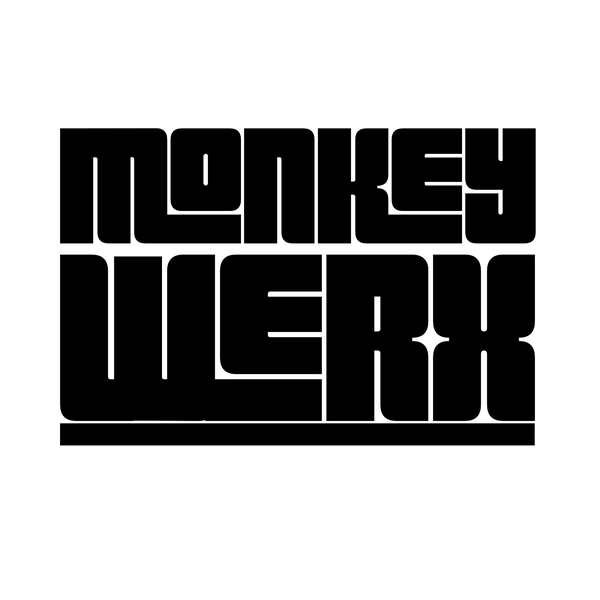Operation Phoenix refers to one of the most controversial counterinsurgency programs in U.S. history, conducted during the Vietnam War. Officially known as the Phoenix Program, it was a joint effort between the United States and the South Vietnamese government, aimed at dismantling the Viet Cong (VC) infrastructure through a combination of intelligence gathering, capture, and assassination of key VC members.
Background
The Phoenix Program was conceived in 1967 under President Lyndon B Johnson as part of the broader U.S. effort to combat the communist insurgency in South Vietnam. The program was managed by the Central Intelligence Agency (CIA) and involved coordination between various U.S. agencies, including the Military Assistance Command, Vietnam (MACV), and South Vietnamese security forces.
Key Objectives
The primary goal of the Phoenix Program was to neutralize the Viet Cong's political leadership and infrastructure, which were considered vital to the communist insurgency. The program sought to identify, capture, interrogate, and either convert or eliminate key figures within the VC. The term "neutralize" was intentionally vague, encompassing everything from arrest and detention to assassination.
Key Figures Involved
Several key figures were associated with the Phoenix Program:
1. **William Colby** - As a senior CIA officer, Colby played a central role in overseeing the Phoenix Program. He later served as Director of Central Intelligence from 1973 to 1976.
2. **Robert Komer** - Known as "Blowtorch Bob" for his aggressive tactics, Komer was the head of the Civil Operations and Revolutionary Development Support (CORDS), the civilian-military organization that oversaw the Phoenix Program. Now I want to just put this out there, but our government has a tendency to replicate operations and the thought of military aged males coming across our southern border is definitely not outside the realm of possibilities in terms of a civilian-military operation within the CONUS current day.
3. **Nguyễn Văn Thiệu** - The President of South Vietnam during the Phoenix Program, Thiệu was a key supporter of the operation, viewing it as essential to maintaining control over the countryside.
4. **Nguyễn Cao Kỳ** - South Vietnam's Vice President and former Prime Minister, Kỳ also supported the Phoenix Program, though he was often at odds with other South Vietnamese leaders.
Tactics and Operations
The Phoenix Program utilized a variety of tactics to achieve its objectives:
- **Intelligence Gathering**: The program relied heavily on intelligence from various sources, including informants, defectors, and captured documents. This intelligence was used to compile lists of suspected VC members, known as "blacklists."
- **Interrogation and Torture**: Suspects captured under the Phoenix Program were often subjected to harsh interrogation techniques, including torture, to extract information about the VC network.
- **Assassination and Targeted Killings**: One of the most controversial aspects of the Phoenix Program was its use of assassination. Suspected VC operatives and sympathizers were often killed without trial, leading to widespread allegations of human rights abuses.
- **Pacification**: The Phoenix Program also aimed to "pacify" rural areas by dismantling the VC infrastructure and establishing government control. This included the resettlement of villages and the creation of "strategic hamlets" to isolate the VC from the local population.
Controversy and Criticism
The Phoenix Program was highly controversial, both during and after the Vietnam War. Critics accused the program of widespread human rights violations, including the torture and murder of innocent civilians. The program's reliance on questionable intelligence and its heavy-handed tactics fueled anti-war sentiment in the United States and led to significant criticism from human rights organizations.
In 1971, the U.S. Congress held hearings on the Phoenix Program, during which former CIA officer William Colby defended the program, arguing that it was a necessary part of the war effort. However, the hearings revealed significant flaws in the program, including its reliance on faulty intelligence and the lack of oversight, which often led to the wrongful targeting of innocent people.
Impact and Legacy
The Phoenix Program is estimated to have "neutralized" over 80,000 individuals, with about 26,000 killed. While the program was successful in disrupting the VC infrastructure, it also contributed to the growing unpopularity of the Vietnam War, both in the United States and internationally.
I hope we all realize that the United States government has a very dark side to not only its past, but even in its current state. The question remains, what can be done about it.

